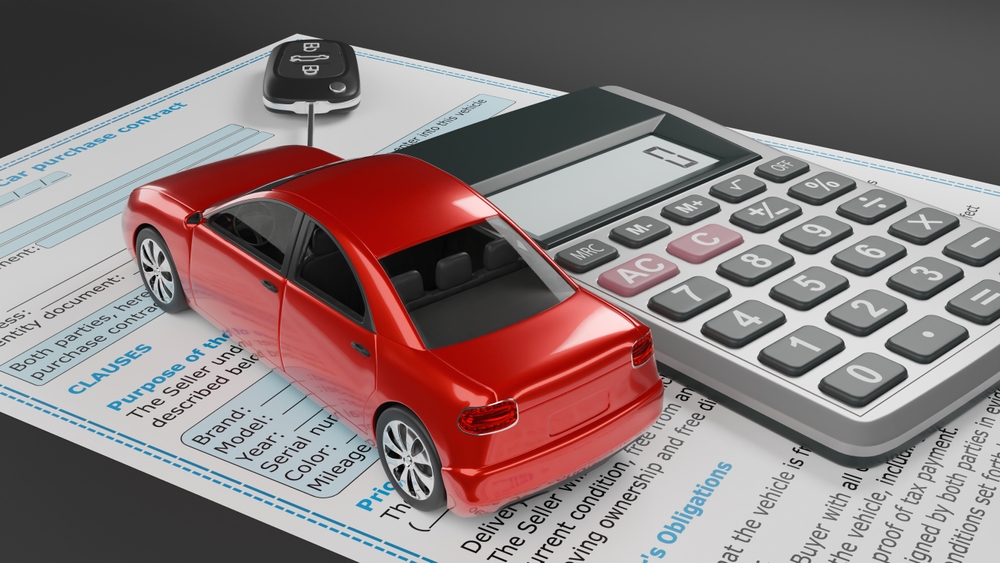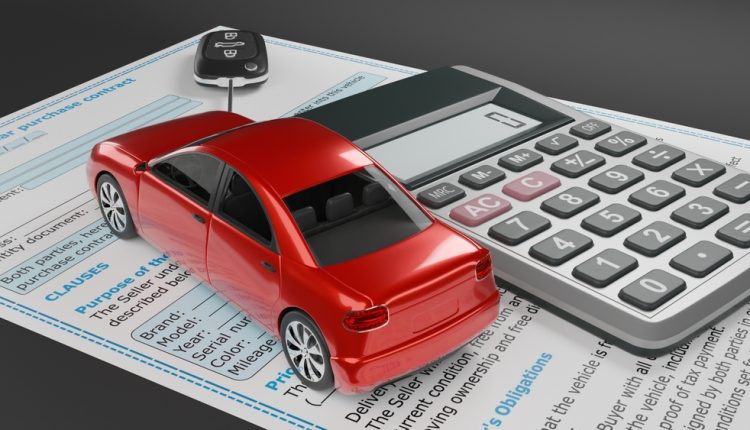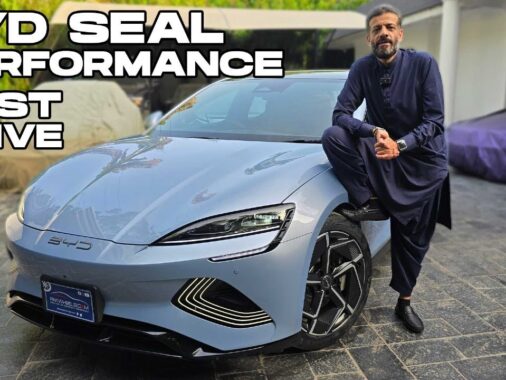Pakistan auto industry is still in shambles. Ebbs and flows in car sales and continuous downtrend in auto financing are the significant challenges since long. In a recent meeting, Auto Industry Development and Export Committee (AIDEC) revealed how increased taxes and duties are has hobbled sector’s competitiveness in international markets.
Earlier, PAMA (Pakistan Automotive Manufacturers Association) and (PAPAAM) Pakistan Association of Automotive Parts & Accessories Manufacturers raised similar concerns regarding the uneven jumps in taxes.
The meeting brought together key stakeholders to discuss the challenges and explore potential solutions for the industry’s growth and sustainability. Below are the key factors of the meeting.
Key Points Discussed
- Industry representatives expressed concern over the adverse effects of rising duties and taxes on vehicle exports.
- The industry stressed the urgency of signing FTAs and PTAs to reduce trade barriers and enhance export potential.
- The need for stable policies to support the localization of parts and components was highlighted as essential for global competitiveness.
- Discussions focused on setting export targets for existing and new OEMs, along with adding new components to SRO 693(I)/2006.
- The industry considered the adoption of international vehicle safety and environmental standards to improve competitiveness.
- The gradual removal of concessions on Completely Knocked Down (CKD) imports was discussed to encourage local production.
- Auto parts vendors raised issues related to financial losses when localized parts are discontinued, suggesting that localized parts should be utilized by multiple OEMs.
- The committee agreed on the need to impose restrictions on the import of used auto parts to protect local manufacturers.
- The industry called for duty protection on locally assembled city and intercity buses, including diesel, hybrid, and electric models.
- A subcommittee was directed to review the auto industry’s regulatory needs quarterly, focusing on export support.
- The minister called for a policy to align auto parts manufacturing with related industries to enhance localization and competitiveness.
The meeting was a critical step in addressing the challenges facing Pakistan’s auto industry. With input from various stakeholders, including senior officials from the Ministry of Industries and Production, Engineering Development Board (EDB), Ministry of Commerce, and representatives from leading auto industries, the discussions laid the groundwork for future policy reforms.
The industry now awaits the implementation of these recommendations, which are essential for positioning Pakistan’s auto sector as a competitive player in the global market.







